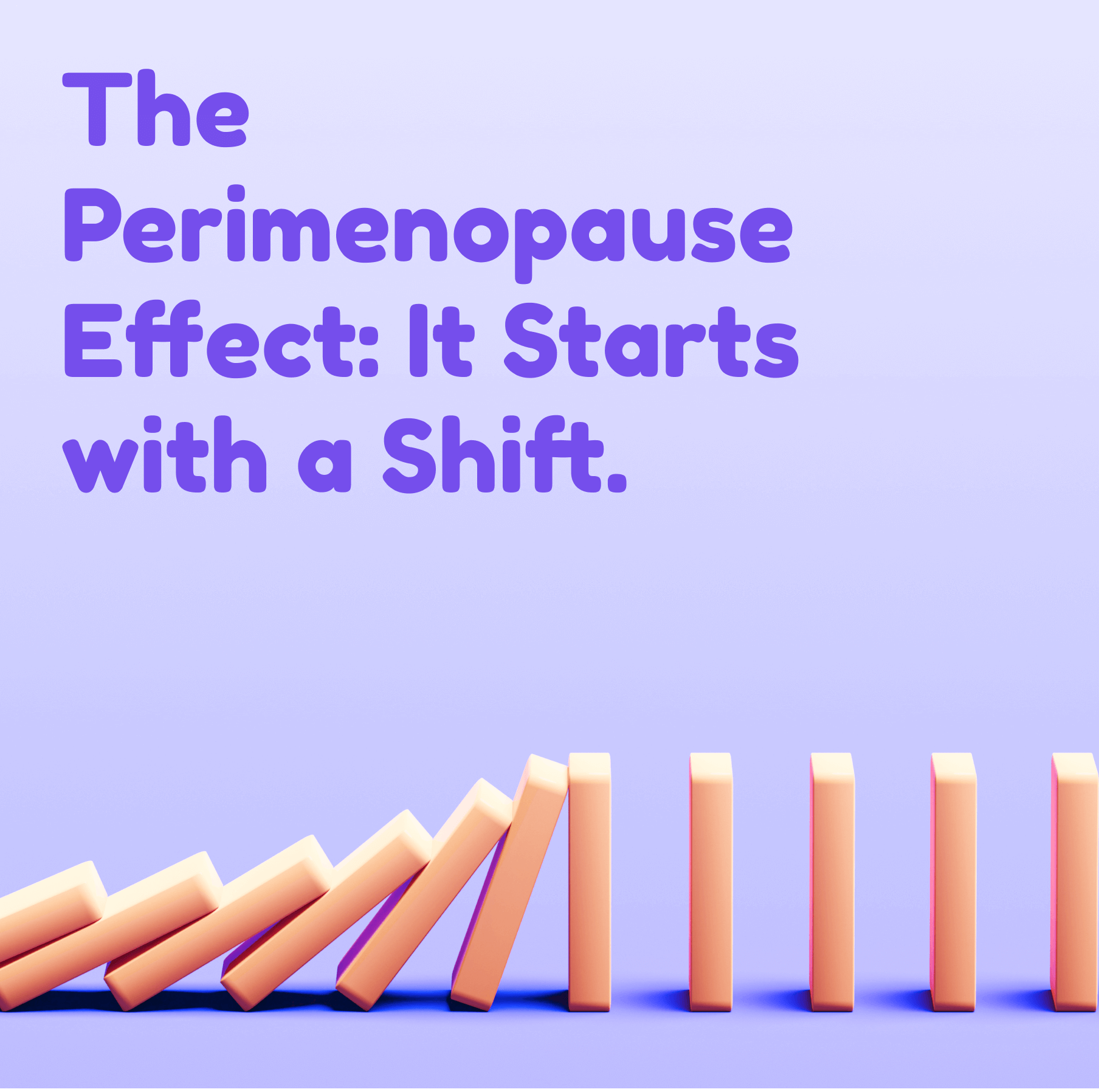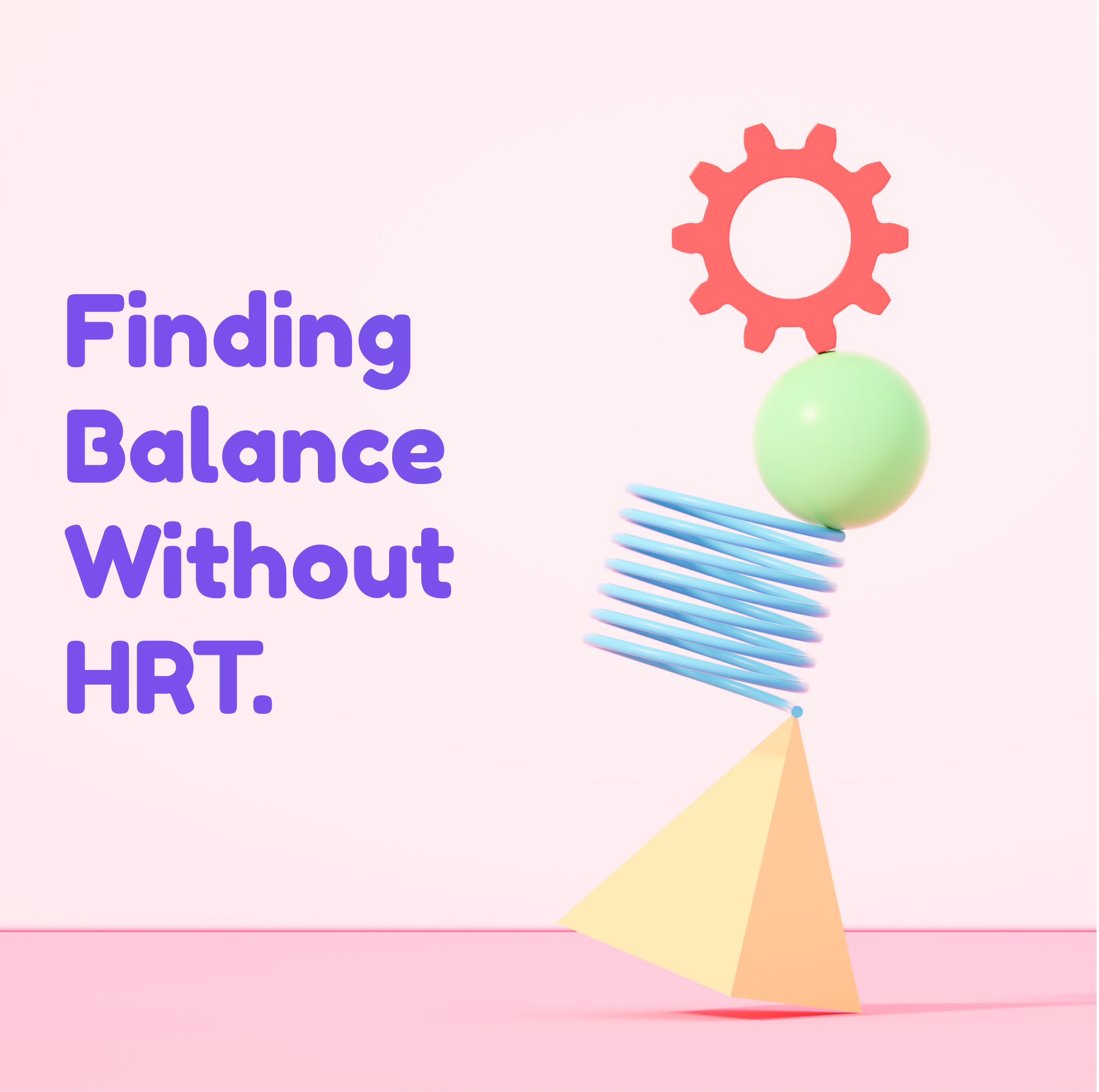
Understanding Perimenopause Symptoms
Menopause is a topic that many of us have thought about, but few truly understand until we’re living it. Imagine sitting down with a close friend over a warm cup of tea, sharing stories about unexpected mood swings, sudden bouts of heat, and those puzzling changes in your menstrual cycles. For many women, this conversation becomes all too real during the transitional phase known as perimenopause.
In this article, we’ll walk through what perimenopause is, what symptoms you might expect, and offer some practical tips for managing these changes—all with a sympathetic and slightly lighthearted tone that acknowledges both the challenges and the natural beauty of this stage in life.
What Is Perimenopause?
Perimenopause literally means “around menopause” and marks the period when your body begins transitioning from your reproductive years toward menopause. During this time, hormone levels—especially estrogen and progesterone—start fluctuating unpredictably, and interestingly in parallel with other influential non-menopausal hormones. Think of it like your body’s own roller coaster, where the ups and downs can result in irregular periods, sudden hot flashes, and other signs of change. These hormonal shifts aren’t just physical; they can also impact your mood, energy, and overall well-being.
It’s important to note that while perimenopause typically begins in your mid-40s, some women notice changes as early as their mid-30s. No matter when it starts, understanding perimenopause symptoms can help you feel more in control and prepared for what lies ahead.
Got questions? Ask Noor.
Common Signs and Symptoms
Every woman’s experience is unique, but there are some common signs of perimenopause that many notice. Here are a few:
- Irregular Periods: You might observe that your menstrual cycles become shorter, longer, or even skipped entirely. One month, you might have a light flow; the next, it might be heavier or more drawn out. Premenstrual Syndrome (or PMS) can also notably worsen.
- Hot Flashes and Night Sweats: A sudden rush of heat—often starting in the face or chest—can leave you feeling flushed and sweaty. These episodes may occur during the day or disrupt your sleep at night.
- Mood Swings and Emotional Changes: Hormonal fluctuations can sometimes trigger unexpected mood swings, feelings of irritability, or even anxiety and depression.
- Vaginal Dryness: With the decline in estrogen levels, some women experience vaginal dryness or discomfort, which might affect intimacy.
- Weight Gain Around the Mid-Line: As estrogen levels shift, women more easily accumulate fat around the mid-line, a shift that also increases metabolic health risks like high blood pressure, diabetes, and systemic inflammation.
- Loss of Libido and Decreased Ability to Orgasm: While loss of libido can be multi-factorial (see vaginal dryness and sleep disturbances, for example), parallel peri-menopausal reductions in testosterone levels can negatively impact sexual health and interest.
- Sleep Disturbances: Many women report difficulty falling asleep or staying asleep, often linked to the disruption of hot flashes or night sweats.
- Memory Lapses: Experiencing a bit of “brain fog” or minor forgetfulness is also a common complaint during this time.
These perimenopausal symptoms mirror those found in (untreated) menopause and are your body’s way of signaling that a significant transition is underway. While they can be inconvenient and sometimes uncomfortable, they are a natural part of the menopausal transition, but nonetheless treatable and not something a women must suffer through.
Understanding the Hormonal Roller Coaster
During your reproductive years, hormone levels—particularly estrogen—follow a relatively predictable pattern that governs your menstrual cycles. However, during perimenopause, the fluctuation in hormone levels can seem as erratic as a misbehaving thermostat. One minute you might feel perfectly normal, and the next, you’re battling an unexpected hot flash or a sudden bout of moodiness.
- Estrogen Levels: As estrogen levels begin to drop, you might notice changes in your menstrual cycles or even experience a period of months without a menstrual period.
- Progesterone Changes: Along with estrogen, the production of progesterone also becomes unpredictable, contributing to the erratic nature of your cycles.
- Impact on the Body: These hormonal changes can affect not only your reproductive system but also your bone health, skin elasticity, and even aspects of your cardiovascular system. That’s why understanding perimenopause symptoms is vital—not just for managing daily discomfort but for keeping an eye on overall health.
Managing Menopausal Symptoms
While there isn’t a one-size-fits-all solution, there are several strategies you can adopt to ease the symptoms of perimenopause:
Lifestyle Adjustments
- Stay Active: Regular exercise, such as brisk walking, yoga, or strength training, can help balance hormone levels and boost mood. Aim to blend aerobic activity with a couple days per week of resistance (strength) training. This approach can positively influence body composition, promote metabolic health, and bolster bone strength to prevent menopausal osteoporosis.
- Healthy Diet: Eating a balanced diet rich in real foods like fruits, vegetables, high quality proteins, and healthy, natural fats. Limit refined and processed carbohydrates like white flours and sugar. This guidance supports overall health and can help manage weight changes often associated with perimenopause (and associated worsening of insulin resistance).
- Stress Reduction: Techniques like meditation, deep breathing, or even a simple hobby can significantly reduce stress—a known trigger for mood swings and sleep issues.
- Sleep Routine: Establishing a consistent sleep schedule and creating a cool, dark sleep environment can help mitigate the disruptive effects of night sweats and insomnia.
Treatment Options
- Dress in Layers: Wear clothing that allows you to remove a layer when a hot flash hits.
- Keep Hydrated: Drinking plenty of water can help you stay cool and may reduce the severity of hot flashes.
- Cool Your Space: Use a fan or keep a cool pack nearby, especially during the warmer months.
- Track Your Symptoms: Keeping a journal of your symptoms can help you and your doctor identify patterns and trigger factors, leading to a more personalized treatment plan.
Practical Tips for Everyday Relief
- Dress in Layers: Wear clothing that allows you to remove a layer when a hot flash hits.
- Keep Hydrated: Drinking plenty of water can help you stay cool and may reduce the severity of hot flashes.
- Cool Your Space: Use a fan or keep a cool pack nearby, especially during the warmer months.
- Track Your Symptoms: Keeping a journal of your symptoms can help you and your doctor identify patterns and trigger factors, leading to a more personalized treatment plan.
The Emotional Journey: More Than Just Physical Symptoms
It’s not uncommon to feel overwhelmed by the many changes that come with perimenopause. The mood swings, occasional forgetfulness, and even changes in your sexual drive can sometimes make you question what’s happening to your body. However, it’s important to remember that these changes are a natural part of life. Embracing this stage means accepting that you are moving into a new phase, one that is rich with opportunities for growth, wisdom, and self-discovery.
- Acknowledge Your Feelings: Whether it’s frustration, sadness, or even a bit of humor at the absurdity of sudden temperature shifts, allowing yourself to feel and process these emotions can be incredibly healing.
- Share Your Experience: Talking with friends, family, or even joining a support group can help you realize you’re not alone. Many women are navigating this journey alongside you.
- Celebrate the Change: Rather than viewing perimenopause solely as a series of challenges, try to see it as a transition that paves the way for a new chapter. This phase marks the end of your reproductive years, but it also signals the beginning of a period where you can focus on your own interests, passions, and personal growth.
Looking Ahead With Confidence
As you move through perimenopause, it can be comforting to know that you have a variety of tools and strategies at your disposal. Whether it’s adapting your lifestyle, exploring treatment options like hormone therapy, or simply sharing your journey with others, there is no “one right way” to navigate this transition.
- Educate Yourself: Perimenopause is arguably under treated clinically. Understanding perimenopause symptoms can empower you to make informed decisions about your health and seek treatment that can be beneficial. Stay curious and proactive in learning about your body.
- Work With Your Healthcare Provider: Regular check-ups and honest conversations with your doctor can help tailor treatment options to your specific needs and mitigate potential risks such as the side effects associated with hormone changes.
- Embrace the Change: While it might be easy to focus on the challenges—like irregular periods or unexpected mood swings—remember that menopause is a natural progression. It’s a chance to redefine your well-being, explore new interests, and even reassess your priorities for the future.
Final Thoughts
Menopause 101 is not just about managing symptoms—it’s about embracing a natural transition with grace and humor while also acknowledging that you don’t have to suffer through your symptoms. By understanding perimenopause symptoms, from those pesky hot flashes and night sweats to more subtle changes like shifts in hormone levels and menstrual cycles, you’re taking the first step toward finding relief and a smoother transition. The journey might come with its ups and downs, but with the right mix of lifestyle changes, treatment options, and a supportive community, you can face this chapter with confidence and a sense of empowerment.
Remember, every woman’s experience with perimenopause is unique. Some may experience intense symptoms, while others notice only minor changes. What matters most is that you feel informed, supported, and prepared to embrace the next phase of life. Menopause is not an end but a transformation—one that offers a fresh perspective on health, vitality, and the celebration of your lifelong journey.
So here’s to you: to understanding perimenopause symptoms, to taking charge of your well-being, and to entering this new phase with warmth, resilience, and a touch of humor. After all, every change in life brings with it the opportunity to learn, grow, and ultimately, thrive.



